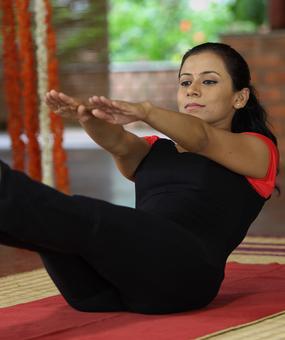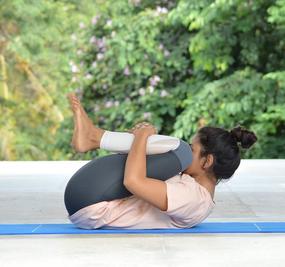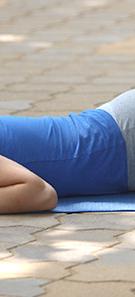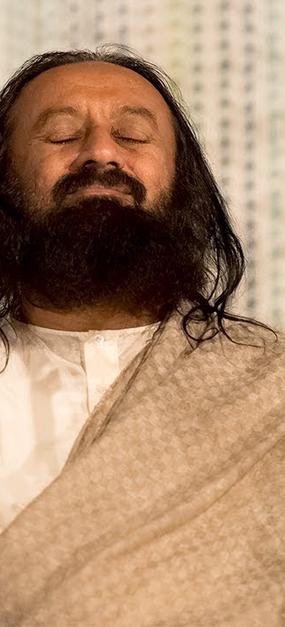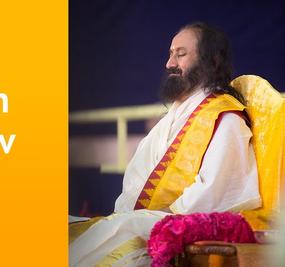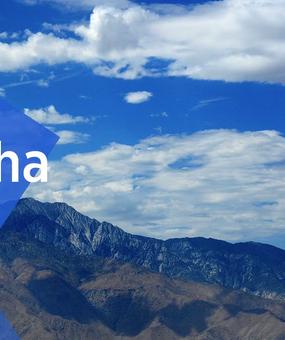Sanskrit Name: Bhujangasana
English Name: Cobra Pose
Target Areas: Back, abdomen, chest, shoulders
Best Time to Practice: Morning, on an empty stomach
Duration: 15–30 seconds per repetition
Repetitions: 3–5 times
Contraindications: Pregnancy, surgeries, wrist injuries
Bhujangasana, also known as Cobra Pose, is a gentle backbend yoga pose performed while lying on the stomach. The name comes from the Sanskrit words “bhujanga” meaning snake and “asana” meaning pose. It is part of the Sun Salutations (Surya Namaskar) sequence and is beneficial for strengthening the spine, opening the chest, and reducing fatigue.
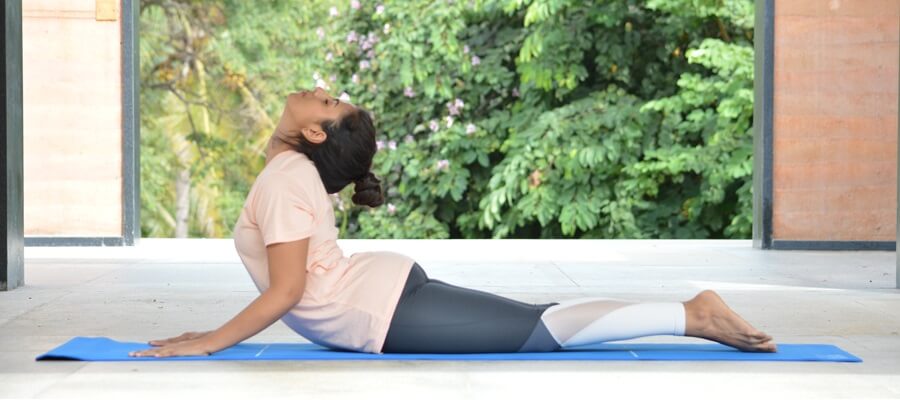
Do you want to tone your abdomen but just can’t find the time to go to the gym? Are you feeling tired or stressed due to excessive workload?
Bhujangasana or Cobra Stretch is a solution to solve these and many other problems, just sitting (or lying down) at home! Bhujangasana, the Cobra Pose, is a pose that you do while lying down on your stomach. It gives your body (especially the back), a good stretch that melts your stress away almost instantly!
How to Do Bhujangasana (Cobra Pose) Step-by-Step
- Lie down on your stomach with your toes flat on the floor, soles facing upwards; rest your forehead on the ground.
- Keep your legs close together, with your feet and heels lightly touching each other.
- Place both hands in such a way that palms are touching ground under your shoulders, elbows should be parallel and close to your torso.
- Taking a deep breath in, slowly lift your head, chest and abdomen. Keep your navel on the floor.
- Pull your torso back and off the floor with the support of your hands. Make sure that you are putting equal pressure on both the palms.
- Keep breathing with awareness, as you curve your spine, vertebra by vertebra. If possible, straighten your arms by arching your back as much as possible; tilt your head back and look up
- Maintain the pose while breathing evenly for 4-5 breaths.
- Now, breathe out, and gently bring your abdomen, chest, and head back to the floor and relax.
- Repeat 4-5 times.
Bhujangasana Video
Benefits of Bhujangasana
- Strengthens the spine and shoulders
- Tones abdominal muscles
- Opens up the chest and lungs
- Improves flexibility in the upper and middle back
- Enhances blood circulation
- Reduces stress and fatigue
- Aids in respiratory conditions such as asthma
Pre-requisites
It is best to do this asana in an ideal physical state, to enjoy maximum benefits.
- Make sure you perform this asana 4-5 hours after having your main meal. This will ensure that you are not uncomfortable lying on your stomach.
- Ensure that you have done some basic warm-up and stretching exercises to loosen your arms, shoulders, neck, and back.
- It is always best to practice yoga asanas in the morning. However, if you are unable to, make time in the evening.
Preparatory poses
Bhujangasana becomes more seamless when you ease yourself into it with these preparatory poses:
- Adho Mukhasvanasana (Downward-facing Dog Pose)
- Salamba Bhujangasana (Sphinx Pose)
Now, you can attempt the Bhujangasana. It is quite simple, especially with this step-by-step guide.
Tips for beginners
Avoid jerks and overstretching.
- You may instinctively move your shoulders away from your ears. Keep them relaxed, even if it means bending your elbows. With regular practice, you will be able to deepen the stretch by straightening the elbows.
- Ensure that your feet are still close together.
- While maintaining the pose, breathe evenly.
- Avoid practicing Bhujangasana if you are pregnant.
- Do not practice it if you have fractured ribs or wrists, or have recently undergone abdominal surgeries, such as for hernia.
- Also, avoid doing Bhujangasana if you suffer from Carpal Tunnel Syndrome.
- Do not practice this yoga pose during an asthmatic attack.
- Practice the Cobra Pose under a trained teacher for guidance if you have suffered from chronic diseases or spinal disorders in the past.
Ideally, all yoga asanas should be done under the proper guidance of a trained teacher. Explore our yoga programs with the online Sri Sri Yoga program.
Practicing yoga helps develop the body and mind, yet is not a substitute for medicine. It is essential to learn and practice yoga under the supervision of a trained yoga teacher. In case of any medical condition, practice yoga only after consulting your doctor and a Sri Sri Yoga teacher.







